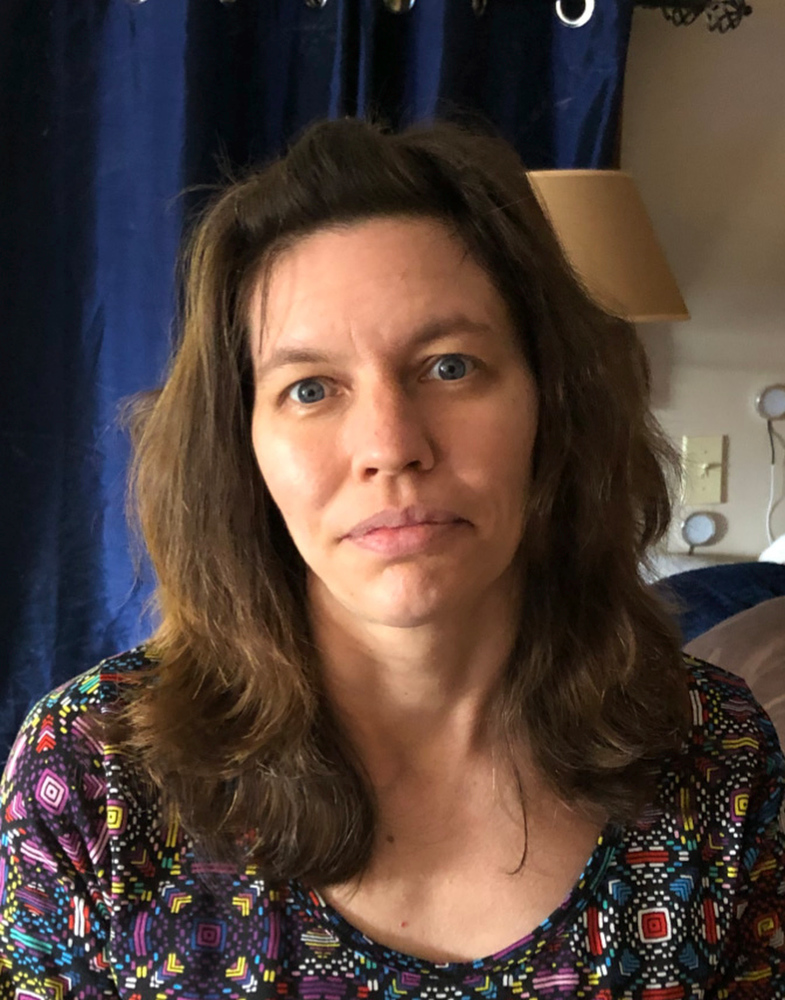If you are struggling with being stuck at home after a few days of coronavirus social distancing, imagine Tracey Folkner's world.
Folkner, a Chattanooga native in her "late 30s" who lives on a small farm with her husband, has been essentially homebound for 11 years.
She has a condition called agoraphobia, an anxiety disorder that keeps her glued to her property - which she calls her safe zone. She can take walks - and sometimes friends come over to visit - but she can't leave the farm without feeling anxious.
An estimated 1.8 million Americans are said to experience agoraphobia, defined as "fear of places and situations that cause panic, helplessness and embarrassment."
Folkner said she began to have panic attacks in 2009 after three of her close family members died within a 12-month period.
"The anxiety was hitting me during simple tasks, like going to the grocery store, just basic activities," she said.
Folkner reordered her life to avoid her panic triggers. She discovered self-calming techniques - like breathing exercises. She only takes medicine for her condition "as needed," she said.
Meanwhile, she has learned to adapt to her limitations. She learns online, and is hoping to become a video-based nutrition counselor. She likes to cook. And unlike some people with agoraphobia, she can talk on the phone without anxiety.
"I'm a productive person even though I have this illness," she said in a recent interview. "I've adapted to my situation."
Folkner reached out after reading in the Times Free Press about families adapting to working at home. She thought sharing some of her strategies and routines for stay-at-home life might be helpful.
Here are some of her hints for establishing a homebound routine:
* On weekdays, get up at your customary work/school times and prepare for the day with normal grooming.
"Get up and get dressed, just like you are going to work," she suggested. "Don't lay in your pajamas all day. Lace up your shoes."
* Set work goals for the day and, in the afternoon, check your productivity.
* Plan your meals so you don't fall into unhealthy eating patterns.
"If you are home, you are likely to snack," Folkner said.
* Divide the day into work and break times. Weather permitting, go outside several times a day to reset.
"Being outside will help your mood immediately," she said. "Go outside and listen to nature."
* Limit your news intake. Binging on information during the COVID-19 pandemic can be counterproductive.
"Don't sit and watch the news all day and get depressed," she said.
* Return to old hobbies that you might have set aside before because you were too busy.
"Keep your mind working," she said.
* On weekends, sleep in if you want, and allow yourself time for leisure activities, just like you would if it were a normal work week.
People are stressed working at home because it's a new experience, she said. With time, new patterns and comforts will emerge.
"I've had 10 or so years to deal with it," she said.
Contact Mark Kennedy at mkennedy@timesfreepress.com.
View other columns by Mark Kennedy

